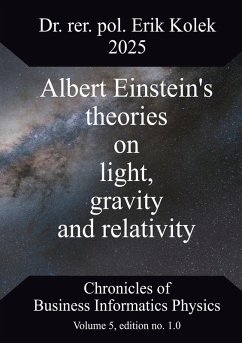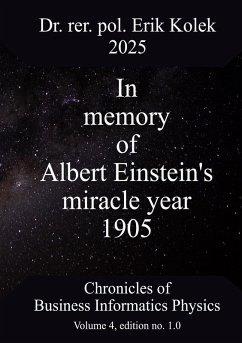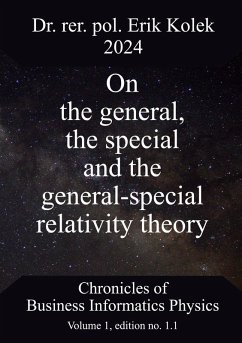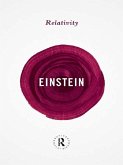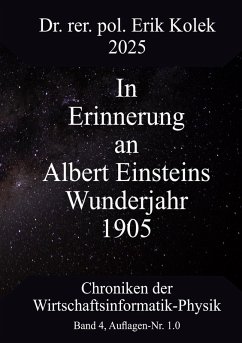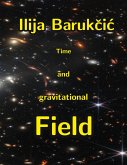From the foreword by Dr. rer. pol. Erik Kolek The light quantum hypothesis leads to new assumptions about the radiation of black bodies. The principle of relativity has a connection with the constancy of the speed of light. Energy is not directly dependent on mass. Energy-rich mass points have inertia and gravity. The deflection of the light rays is related to their speed c and the gravitational constant k as well as the mass M of the body past which the light passes. The local time l depends on the mass M and the speed of light c in a space-time domain.
Dieser Download kann aus rechtlichen Gründen nur mit Rechnungsadresse in A, B, BG, CY, CZ, D, DK, EW, E, FIN, F, GR, HR, H, IRL, I, LT, L, LR, M, NL, PL, P, R, S, SLO, SK ausgeliefert werden.

